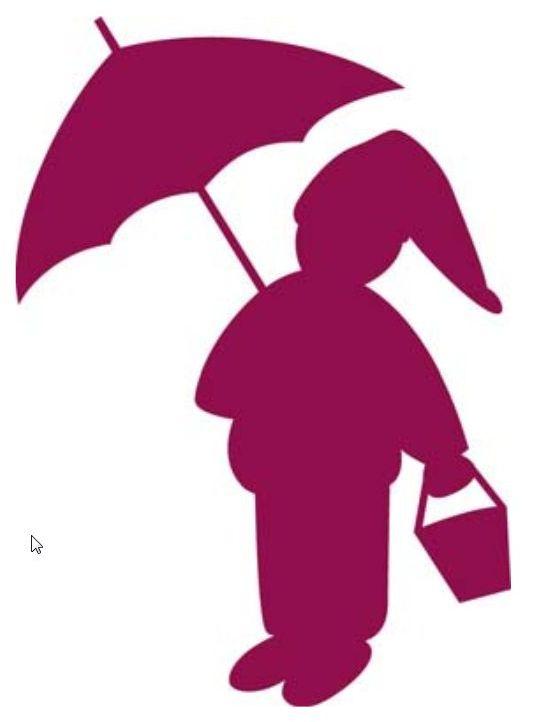
24-hour childcare
In brief
Project Børnepasning (The Childcare Project), a community of interest between trade unions, employers and businesses, aims to exchange experiences across companies, in order to persuade municipalities to provide childcare outside standard working times, so that parents can work flexible hours. This is much needed, since the Danish flexicurity model promotes flexible working hours, and services such as hospitals and transport cannot function without them. Exacerbating the problem, shop opening hours in Denmark were liberalised in 2012, making flexibility a precondition for a job in retail.
The project conducts annual surveys of nursery opening hours, which show the need for round-the-clock childcare, particularly in response to the looser shop opening hours. They also reveal that many parents working flexible working hours want to change jobs because of the lack of out-of-hours childcare. Examples such as Børnehuset in Aalborg show how to provide effective evening and weekend childcare: for example, parents can put their children to bed or wake them up to fit in with their working schedules. This makes it possible for single mothers and fathers to work flexibly without calling on their families.
The downside to flexible hours
Denmark is renowned for its flexicurity model. However, research has shown difficulties in matching employers’ objectives on the organisation of working time with those of employees. In some cases, parents of young children and single parents have insufficient flexible time in their family life due to the time structuring of childcare. The liberalisation of shop opening hours in 2012 has made life even more difficult for the great majority of families with small children working in the retail trade. A typical Danish day-care unit opens from 06:30 till 17:00 on Monday to Thursday and till 16:30 on Friday (although some open at 05:00 and some close at 17:30 or later). The lack of flexible childcare leads to unsafe working conditions, especially for single mothers, who find it difficult to be flexible.
As flexibility has become a new qualification in the labour market, parents, and especially single mothers, will be less attractive to employers. Taking into consideration that 30% of all 30-49 year-olds in Denmark are single, and that almost half of single women aged 30-49 have children living with them – for single women aged 30-34 it is almost two-thirds – it is not surprising that a high percentage of the population have difficulties in working flexible hours.
Yet a survey of 2,048 nurseries in 59 municipalities across Denmark in 2013 found that just 11 of them are open after 18:00 and only five provide care for parents who work at night.
Aalborg Hospital opens a 24-hour nursery
The initiative to provide childcare round the clock was taken by Aalborg Hospital and the municipality of Aalborg, to meet the needs of nurses and doctors working at the hospital. The institution opened in 1994 as one of the first 24-hour childcare facilities in Denmark, and since 1998 it has been open at weekends. This institution, which was established before the liberalisation of opening hours, is a good example of meeting the childcare needs of parents working flexible hours. Children can bring their older siblings (up to the age of 10) in the evening and night, and parents can put their own children to bed – or wake them if it fits in their working schedule. This childcare arrangement is used by nurses and doctors, among others. The liberalisation of shop opening hours means that having access to a similar institution is a precondition for working in retail.
The Childcare Project
The Børnepasning (Childcare) project is an informal group formed by trade unions, employers’ associations and businesses such as the Danish Railways and the Danish Post. It aims to influence municipalities to make childcare available for those parents who, because of their work schedules, need childcare at unsocial hours and at weekends. It helps parents and businesses to make local authorities aware of the need for longer opening hours, and exchanges experiences that affect employees and management in companies, so as to better reconcile working and family life.
The project drafts annual reports on opening hours, and the latest report shows that although the law on liberalisation of opening hours was implemented in October 2012, actual changes to the opening hours of childcare institutions as a result of this liberalisation are not yet visible in the figures. There are only five institutions in Denmark where children are cared for after 23:00 or on Saturdays and Sundays, although the vast majority of grocery stores are open until 21:00 or 22:00 as well as on Saturday and Sunday. Within the last two years, two private childcare institutions have been established which are also open at weekends, perhaps reflecting a new trend in solving childcare problems outside so-called normal opening hours.
Project Børnepasning has made it possible for single mothers and fathers to have a job, a career and children – without having to rely on their families to care for their children.
Contacts
Børnehuset
Søndre skovvej 11-13 | 9000 Aalborg
Project Børnepasning (Childcare Project)
Further information
NB image copyright
Logo from Natpasning eller ej?: http://www.projektboernepasning.dk/filer/natpasning.pdf
More on good practices
Downloads
-
Round-the-clock childcare suits flexible workers - Denmark
- Language
- EN
- File type and size
- PDF, 346.8 KB